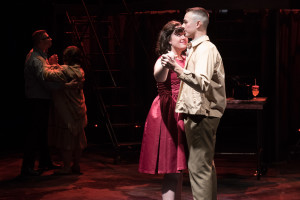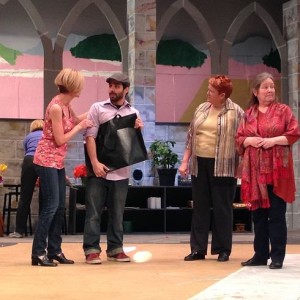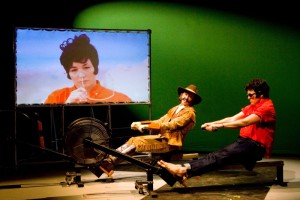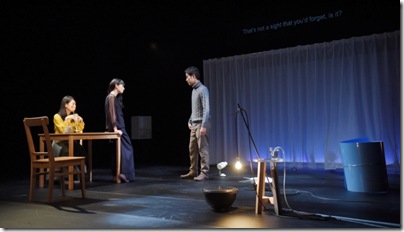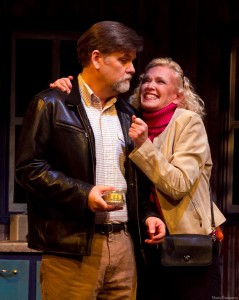Our Town: A testament to the ensemble glories of the festival acting company
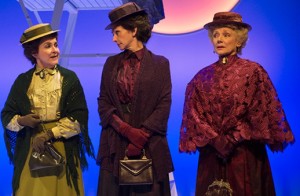
Our Town
By THORNTON WILDER
Directed by MOLLY SMITH
NIAGARA-ON-THE-LAKE, Ont. — It’s doesn’t take the Shaw Festival’s production of Our Town very long to establish its kinship with Thornton Wilder’s sublime play. This not so much a case of the festival asserting its authority over the material as it is one of achieving harmony with a script that seeks to work its wonders on a virtually bare playing area with a minimum of props.
By the time that those two famous step-ladders are centre stage and the young George Gibbs and Emily Webb have mounted them to share with us a few endearing moments of their early courtship, the community of Grover’s Corners, New Hampshire, is taking shape. We’ve started to know the townsfolk as they were at the beginning of the last century — be they Emily’s father, the local newspaper editor who disarmingly informs us that Grover’s Corners is a rather dull place, or Simon Stimson, the drunken church organist, or Howie Newsome, the local milkman who is always ready to pause for a chin-wag during his local deliveries. …

